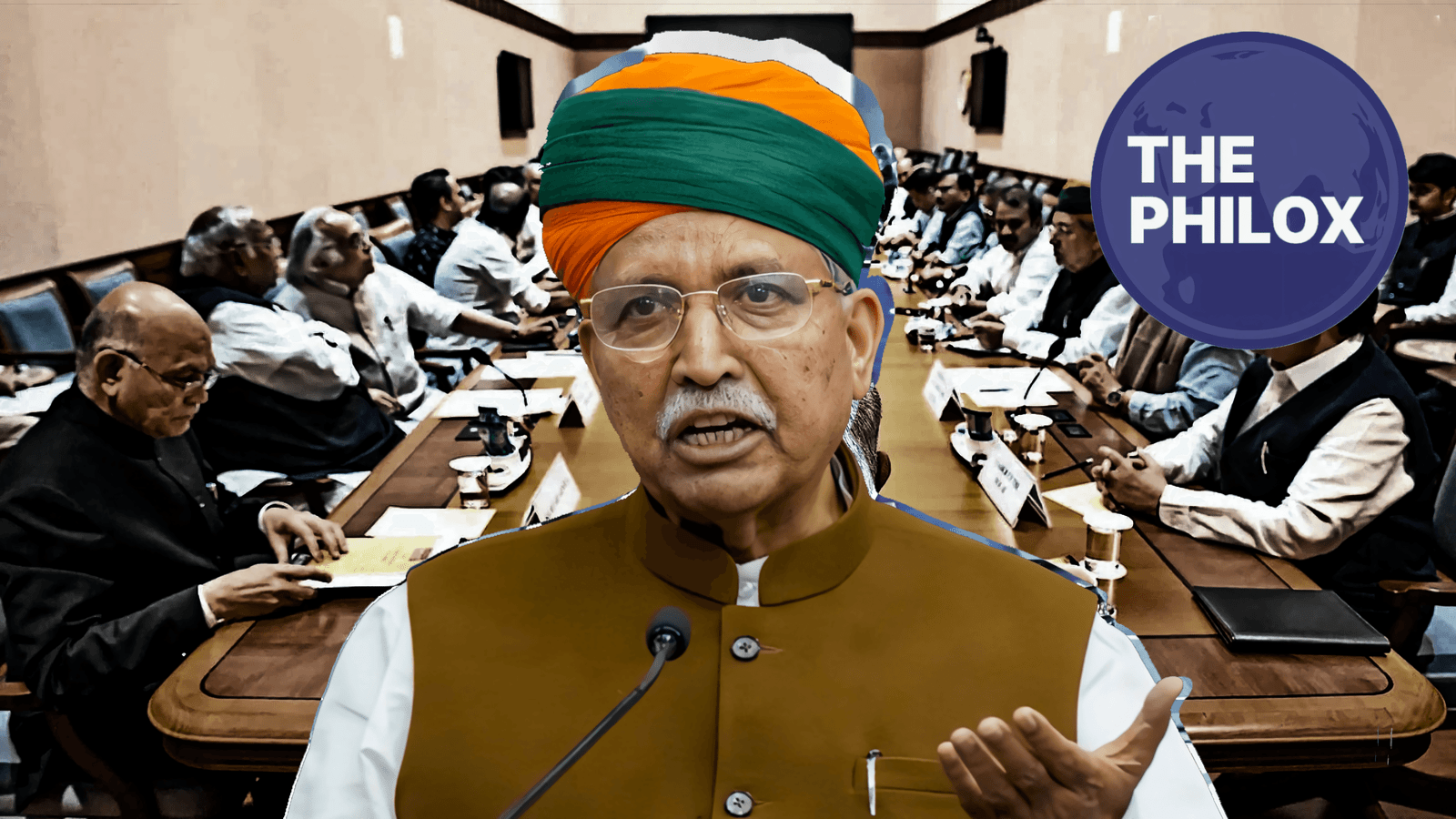Justice Sanjiv Khanna is the 51st Chief Justice of India and has taken oath on 11 November 2024. During all these years as a judge, he has earned for himself the reputation of upholding the rights of individuals and been demanding openness, especially in his tenure in the Supreme Court and the Delhi High Court.
Background and Legal Philosophy
Justice Khanna joined the judiciary in 2005. His long history of practice reflects the same ideology of law that keeps drifting towards civil liberties and social justice often in a more progressive perspective of constitutional rights.
He is best known perhaps for his dissenting opinion within a landmark judgment on right to privacy in a couple of cases related to surveillance by government agencies, which he had described as a gross overreach of public authority.
Major Contributions and Notable Judgments
Justice Khanna was vocal on key issues that were affecting the Indian society during his term from judicial accountability to individual rights. He has always been known for the stand he took in accountability in the judiciary, which is much more accountable for the judges and processes.
His decisions were focused on environmental protection, privacy rights, and social justice, splitting the balance between personal freedoms and governmental authority. His concern in that direction rings very aptly to the pressing need the society has today-that is to safeguard rights in this new era of swift technological as well as social changes.
The Road Ahead as CJI
Chief Justice Justice Khanna can lead the judiciary to more transparency and accessibility. His judgments so far also seem likely to lean more to judgments in matters of civil liberties, environmental laws, and reforms in the economy. It is expected that the tenure of Chief Justice will brighten the approach of judiciary towards digital rights and data privacy as it blooms with the growing digital governance.
Legacy and Future Impact
Justice Khanna’s emphasis on judicial accountability and personal liberties may alter the Indian legal scenario during his short tenure. Though his tenure is little more than a year as CJI, his judgments and the principles that he supports would influence India’s judicial approach to privacy, transparency, and accountability for years to come.




